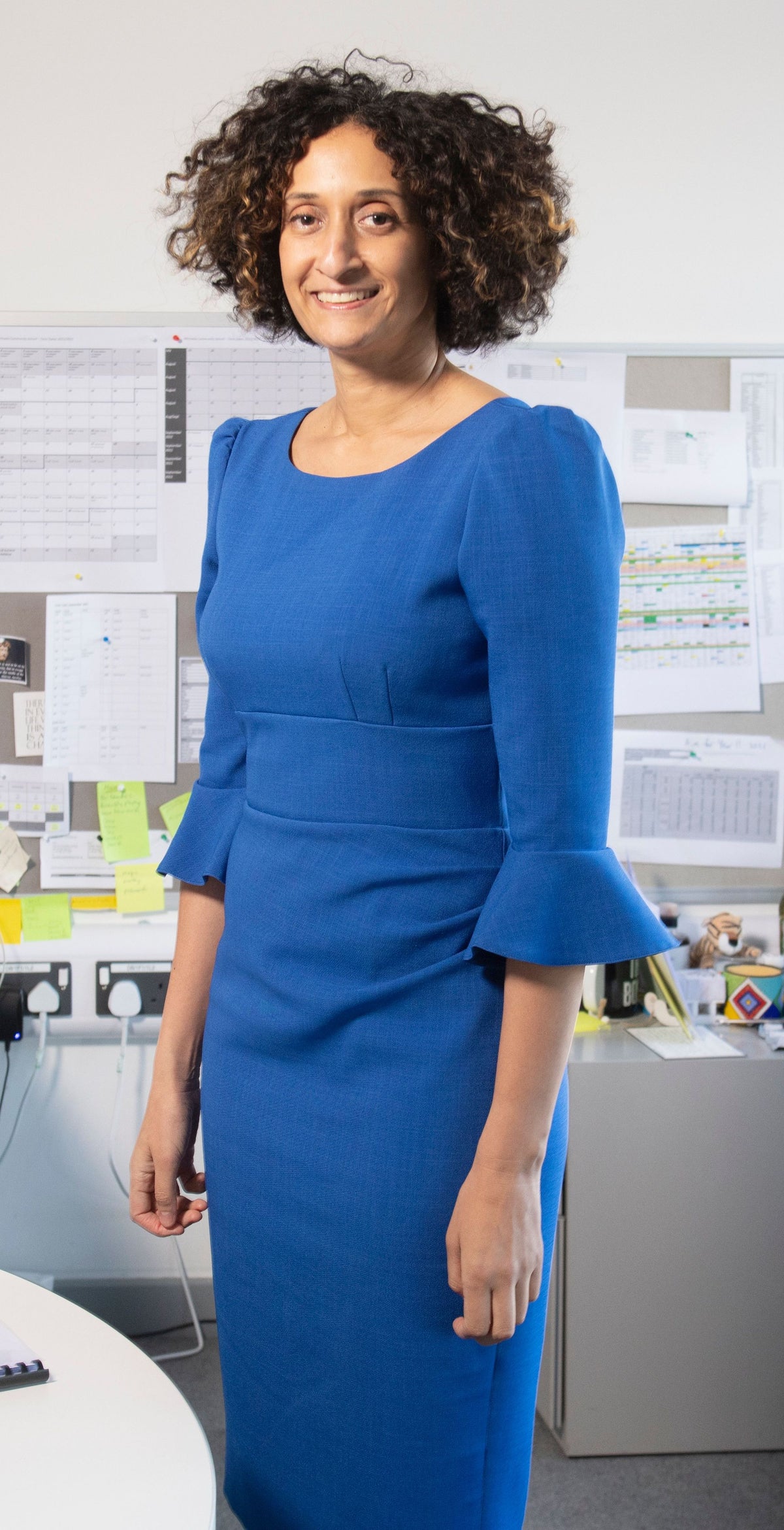
OPINION - KATHARINE BIRBALSINGH IS RIGHT AND THE HIGH COURT NOW AGREES: A SCHOOL IS NOT A CHURCH
Where education is concerned, everything is about leadership. My family and I live in Tyburnia, just off Edgware Road. Twenty-two years ago we (well, my wife) started looking for a primary school for our two daughters. My wife soon found out about a Church of England state primary, Hampden Gurney, just around the corner, which was run by the extraordinary Evelyn Chua and was a school that was positively glimmering with academic success.
It was immediately impressive: there were children representing most religions and races in London — when our children joined, around 60. The school was representative of the area (which includes Lisson Grove, one of the poorest neighbourhoods in Westminster), meaning that half the pupils were on free school meals. The discipline was obviously adhered to, as it was quiet, orderly, and the children seemed incapable of not smiling. The school soon became one of the most successful in London, then the country as a whole, and is still regularly ranked in the top five nationally.
All because of Mrs Chua. She believed every child had potential and taught them as such. It was Church of England, and that was what everyone signed up for, regardless. And yet, the school practised collective worship, which is based upon the teachings of the Christian church but is inclusive, “allowing space for all children to respond and reflect in their own way”. Katharine Birbalsingh practises a different kind of leadership, and in her own way has been equally as successful.
Often called Britain’s strictest headteacher, she runs the Michaela Community School in Wembley, but has last year came under attack for quite sensibly banning Muslim prayers. Like Evelyn Chua, Ms Birbalsingh is something of a miracle worker, getting solid academic results from children from often very disadvantaged backgrounds. Students leave, on average, with better grades than most private schools, even though a quarter qualify for free school meals. She has a strict policy of secularism, which she regards as “the glue that binds her multi-faith school together”.
Michaela has been a blindingly successful example of how a multi-faith society can be made to work
At Michaela, there is “no form of separation or segregation”. The ethos is simple: education comes first. For instance, meat used to be served at lunchtime, but Muslims avoided the pork, Hindus avoided the beef, and then pupils started to segregate. So, meat was taken off the menu entirely ensuring everyone now eats together as one. Similarly, when one Muslim student started praying in the playground at lunchtime, then was eventually joined by others, in Ms Birbalsingh’s words, this became a “serious challenge to school culture”. The governors voted 11 to one to ban all prayer — and one student took legal action, claiming its approach to prayer is discriminatory.
The claim reached the High Court where in her statement at the time, Ms Birbalsingh explained that Michaela is “a place where children of all races and religions buy into something they all share and that is bigger than themselves: our country”.
As many said at the time, this struck at the very heart of the elite belief that schools should affirm each child’s racial, religious and gender identity. The school has been a blindingly successful example of how a multi-faith society can be made to work: everyone gives something up so we can all get along. It’s called compromise, and this is self-evident. Which is what a multicultural society should really be about: giving things up for the greater good.
Earlier this year the Guardian, in its finite wisdom, published a piece saying that Ms Birbalsingh was seeking “to promote a version of Britishness that is monolithic and absolute”, stating emphatically that “this ban on Muslims praying in school is a dystopian, sinister vision of Britishness”, but it is anything but. This was obviously nonsense. Instead, it was an example of how children from all faiths can be taught under the same roof with a frame of reference that focuses on education rather than religion. After all, the Michaela Community School is a school, not a church.
Thankfully, now that she has won her battle — delivering his ruling, Mr Justice Linden said the school had been entitled to impose a ban on “prayer rituals” and the student chose the school knowing that it had strict rules — she can carry on fighting the good fight. After all, education is about leadership, so let the people in charge lead.
Dylan Jones is editor-in-chief of the Evening Standard
Register now for one of the Evening Standard’s newsletters. From a daily news briefing to Homes & Property insights, plus lifestyle, going out, offers and more. For the best stories in your inbox, click here.
2024-01-22T18:02:45Z dg43tfdfdgfd